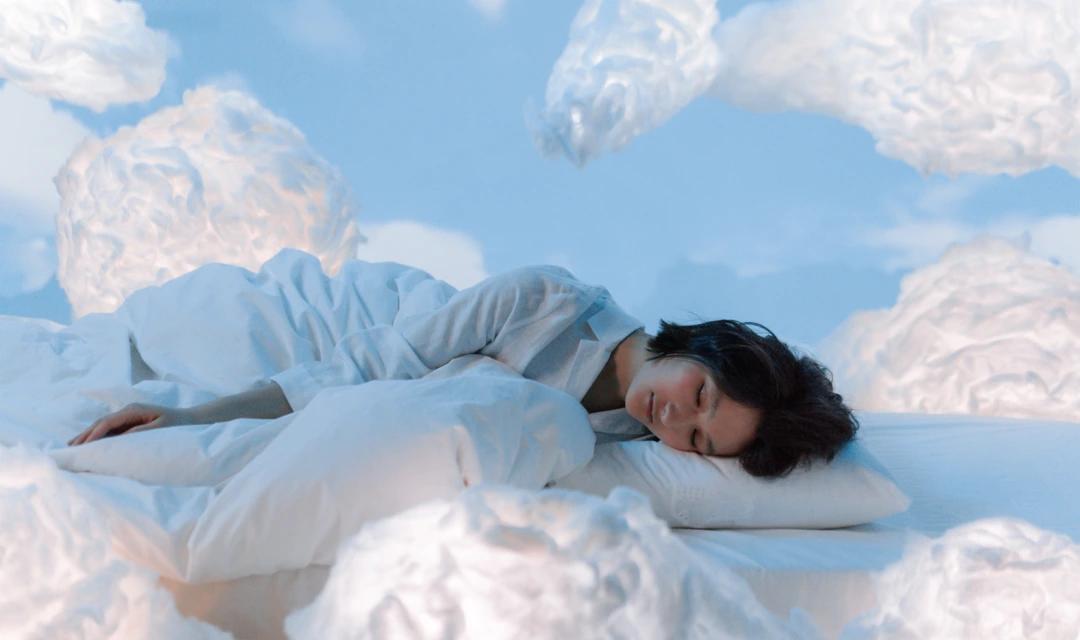Do Babies Dream in the Womb? Fetal REM Sleep Explained


Table of contents
Do Babies Sleep in the Womb?
Yes, babies sleep in the womb. They spend most of their time in a sleep-like state. Studies have suggested that by the third trimester, fetuses sleep around 90-95% of the time. Their sleep cycles alternate between quiet (non-REM) and active (REM) sleep, just like newborns and adults. However, these cycles are influenced by the mother’s movements, sounds, and internal rhythms rather than the natural day-night circadian rhythm.
Your baby does not experience deep, uninterrupted sleep like an adult. Instead, their sleep is frequently interrupted by external stimuli, including the mother’s voice, heartbeat, and even sudden loud noises from the environment. Despite these interruptions, sleep plays an important role in fetal brain development ultimately preparing the baby for life outside the womb.
Do Fetuses Dream?
It may sound weird but babies do dream. It occurs during REM (Rapid Eye Movement) sleep. It is a stage where brain activity increases, and vivid dreams occurs in both adults and children. Research has shown that fetuses begin experiencing REM sleep as early as the seventh month of pregnancy. Their eye movements, brain wave patterns, and body twitches have shown that they enter a sleep stage which is pretty much like REM sleep.
There is still some debate whether fetuses actually “dream” in the way we understand dreams is still unclear. Dreaming requires an ability to form memories and process past onesyou’re your baby doesn’t have any memories in the womb. So are they really dreams?
What Do Babies Dream About in the Womb?
Since fetuses have no experiences or memories, their dreams would be very different from those of older children or adults. Some researchers suggest that their dreams may consist of simple sensations, such as:
- The sound of their mother’s heartbeat – A rhythmic and constant presence in their environment.
- The feeling of floating in amniotic fluid – A sensation they have known since early development.
- The muffled sounds of voices and music – External noises filtered through the womb.
- Subtle movements and reflexes – As their nervous system develops, their dreams may involve the twitches and kicks they experience while asleep.
While we may never know exactly what fetuses dream about, their REM sleep is essential for brain growth, and preparing them for the outside world after birth.
Conclusion
Babies do sleep in the womb, and research suggests that they enter REM sleep cycles similar to those seen in newborns. However, whether they dream remains a mystery. If they do, their dreams likely consist of basic sensations rather than complex stories or images.
Nonetheless, it has been established that fetal sleep including REM sleep is vital for brain development and helps prepare babies for the outside world.
References: